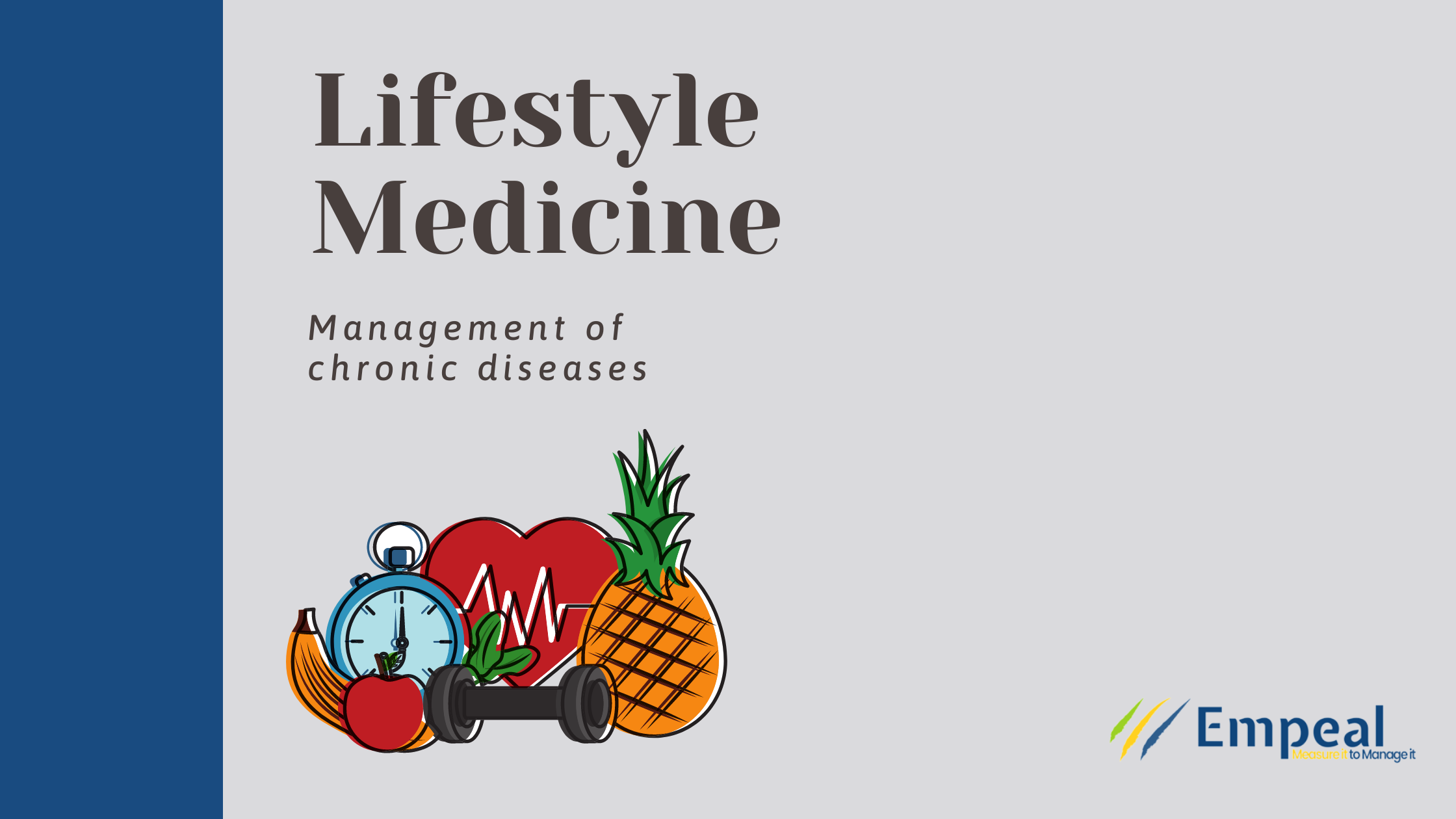Lifestyle Medicine
 23 Nov, 2021
23 Nov, 2021
In this blog we will discuss lifestyle medicine and the impact it can have on our wellbeing and health. Diseases and conditions such as hypertension, heart disease, stroke, type 2 diabetes, obesity, and multiple types of cancer are among the most common and costly of all health conditions. However, they can also be preventable. Lifestyle medicine addresses the root causes by focusing on lifestyle choices that give rise to these diseases in the first place. When implemented lifestyle medicine can prevent, treat, and even reverse these conditions.
In a recent RCSI webinar on ‘The 6 Principals of Lifestyle Medicine’ Louise Tully who is a registered Public Health Nutritionist discussed the importance of upkeeping a healthy diet. Louise explained that nutrients are not just important but that they are vital.
“Macronutrients is energy sourced from protein fats, and carbohydrates and micronutrients include vitamins and minerals that maintain the normal function of all systems in our body”
According to the HSE there are approximately 1 million individuals suffering from chronic diseases which include Diabetes, Asthma, Chronic Obstructive Pulmonary Disease (COPD) or cardiovascular disease. According to Louise and many others, diet can play a significant role in preventing and managing these types of diseases. Louise explained some key windows in life which can dictate an individual’s future.
“Nutrition is important for everybody but at the start of life optimal nutrition in pregnancy is extremely important and can reduce the rate of chronic disease. At 6 months an infant’s iron store runs out and this is another critical period as it is important to ween infants off of liquids and onto solids. During the teenage years the highest absorption of calcium takes place, and this can be stored for later in life in the body. This is why it may be important to think about vitamin D tablets as this vitamin is needed to absorb calcium. Moving on to the later year’s menopause is another critical time as at an older age you are more likely to experience muscle wasting. To try and prevent this, pant-based proteins are excellent”.
Another insightful ideology that was brought up in the RCSI webinar is that most individuals in theory know what healthy foods they should be eating but instead there are many different barriers to successfully consuming a healthy diet. According to Louise these barriers include,
“The food environment in which we live in. This is so as we are surrounded by ultra-palatable foods that are quick, easy to make and cheap. This is especially so in towns and cities as they are easily accessible. Advertising is another big factor as foods are often marketed as fast and easy to make but unfortunately are often high in salts fats and lack nutrients. Then there is the aspect of cost as many people don’t have the resources to make healthy meals in their homes. Stress also plays a negative role on a person’s diet as many of those who work or live in a high stress environment often do not have the capacity to think about cooking a healthy meal. Often when a person is stressed it can be hard to make the time to think about grocery shopping and healthy recipes and so fast and easy meals are more enticing. One last aspect that contributes to unhealthy diets is social media. This is so as online we are bombarded with information regarding a healthy diet and more often than not the information is untrue. This can make it hard to navigate what you should be eating”.
In all it is important to ensure that the advice you follow when it comes to your health and wellbeing is accurate and comes from a credible source. From the many discussions we have had with health coaches we have learned that it is important not to overwhelm yourself and to take small steps in the right direction in order to maintain long term results.
References
American College of Lifestyle Medicine 2021 - LINK
HSE (2021) ICP for Prevention and Management for Chronic Disease - LINK

How Healthy are You?
Get a picture of your current health status and habits by taking our short Health and Wellbeing Check!